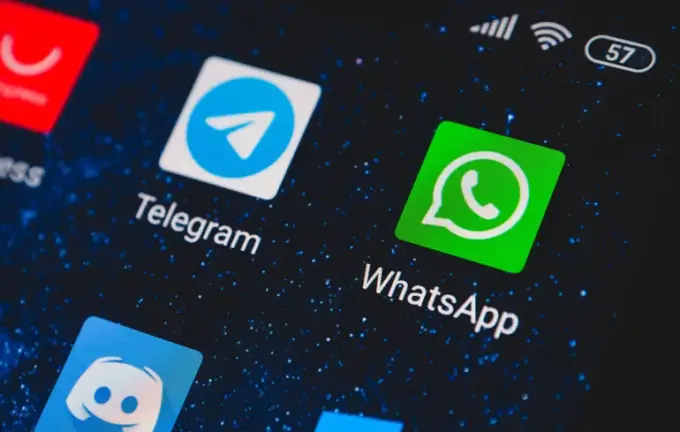Russia Implements Blocking Measures on Telegram and WhatsApp Registration: Goals and Consequences

Recent developments in Russia reveal widespread restrictions on popular messaging apps Telegram and WhatsApp.
These measures have prevented hundreds of thousands of Russian users from creating new accounts or verifying existing ones due to the blockage of confirmation codes.
According to Russian media reports, the government has ordered mobile operators to cease transmitting access codes for new users of these services, aiming to reduce the number of new accounts and tighten control over the information space.
Despite this, major operators such as MTS and MegaFon continue to deliver Telegram messages, with only Beeline stopping their transmission.
This step significantly hampers legal registration processes, impacting free speech and public information dissemination.
Meanwhile, Telegram has launched an alternative verification system allowing new user registrations via already authorized users, with a cap of 100 messages per month.
The authorities have also begun blocking the functionality of Telegram and WhatsApp, such as audio and video calls, messages, and in some cases, total service disruption.
Additionally, Russia promotes a fake version of Telegram that monitors user activity, provoking widespread outrage among civil society and human rights organizations.

